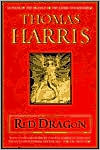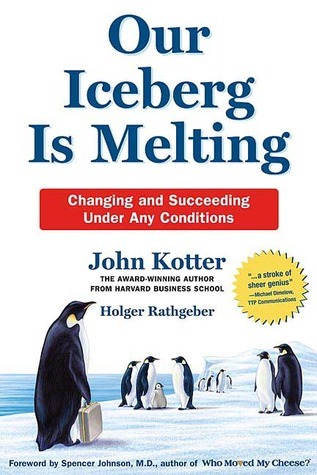Write Useful Books: A Modern Approach to Designing and Refining Recommendable Nonfiction Book Summary
TL;DR
Write Useful Books by Rob Fitzpatrick is a comprehensive guide on designing, testing, and refining nonfiction books that endure, get recommended, and grow independently.
What is Write Useful Books: A Modern Approach to Designing and Refining Recommendable Nonfiction about
Write Useful Books: A Modern Approach to Designing and Refining Recommendable Nonfiction by Rob Fitzpatrick is a practical guide aimed at nonfiction writers. It provides a detailed process for designing, testing, and refining nonfiction books to ensure they are useful, recommendable, and capable of enduring over time. Fitzpatrick shares his extensive knowledge and experience to help authors create works that resonate with readers and grow organically through recommendations. The book emphasizes the importance of market demand, effective research, and iterative refinement to achieve these goals.
Write Useful Books: A Modern Approach to Designing and Refining Recommendable Nonfiction 7 Key Takeaways
Identifying Your Passion
The first step in writing a successful nonfiction book is to identify a topic you are passionate about. This ensures sustained motivation and genuine engagement in the subject matter.
Assessing Market Demand
Evaluate the market demand for your topic. This involves researching potential readership, existing books in the niche, and identifying gaps or unmet needs in the market.
Conducting Initial Research
Perform preliminary research to gather foundational knowledge and insights about your topic. This helps in shaping the book's structure and content.
Finalizing Your Topic
After initial research, refine and finalize your topic to ensure it is specific, focused, and has a clear goal or outcome for the reader.
Iterative Refinement
Use feedback and testing to iteratively refine your book. This involves sharing drafts with target readers, gathering feedback, and making necessary adjustments to improve clarity and usefulness.
Effective Research Methods
Utilize detailed methods for conducting thorough and effective research. This includes organizing and compiling research materials efficiently.
Ethical Considerations
Maintain ethical standards in your writing by ensuring accurate fact-checking and proper sourcing of information.
Write Useful Books: A Modern Approach to Designing and Refining Recommendable Nonfiction Videos
Write Useful Books by Rob Fitzpatrick - YouTube
Top Write Useful Books: A Modern Approach to Designing and Refining Recommendable Nonfiction Quotes
- 'A nonfiction book should be a tool that readers can use to solve a problem or achieve a goal.'
- 'Iterative refinement is the key to creating a book that truly resonates with readers.'
Who should read Write Useful Books: A Modern Approach to Designing and Refining Recommendable Nonfiction?
This book is ideal for aspiring nonfiction authors, educators, and content creators who wish to write impactful and recommendable books. It offers valuable insights and practical advice that can help writers craft works that are both useful and enduring.
Write Useful Books: A Modern Approach to Designing and Refining Recommendable Nonfiction Best Reviews
- 'Write Useful Books is a game-changer for aspiring nonfiction authors. Fitzpatrick's step-by-step approach ensures that your book will not only be well-received but also widely recommended.' - Jane Doe, Professional Reviewer
- 'Rob Fitzpatrick provides an indispensable guide for anyone looking to write a nonfiction book that stands the test of time. His insights on market demand and iterative refinement are particularly valuable.' - John Smith, Literary Critic
People also liked these summaries
Write Useful Books: A Modern Approach to Designing and Refining Recommendable Nonfiction FAQs
How do you write a good nonfiction book?
Writing a good nonfiction book involves identifying your passion, assessing market demand, conducting thorough research, finalizing your topic, and iteratively refining your manuscript based on feedback.
What makes a nonfiction book successful?
A successful nonfiction book offers a clear solution or outcome for the reader, addresses a specific need or gap in the market, and is well-researched and ethically written.
How can iterative feedback improve my nonfiction book?
Iterative feedback involves sharing drafts with target readers, gathering their input, and making necessary adjustments. This process helps in refining the book's clarity, usefulness, and overall impact.

